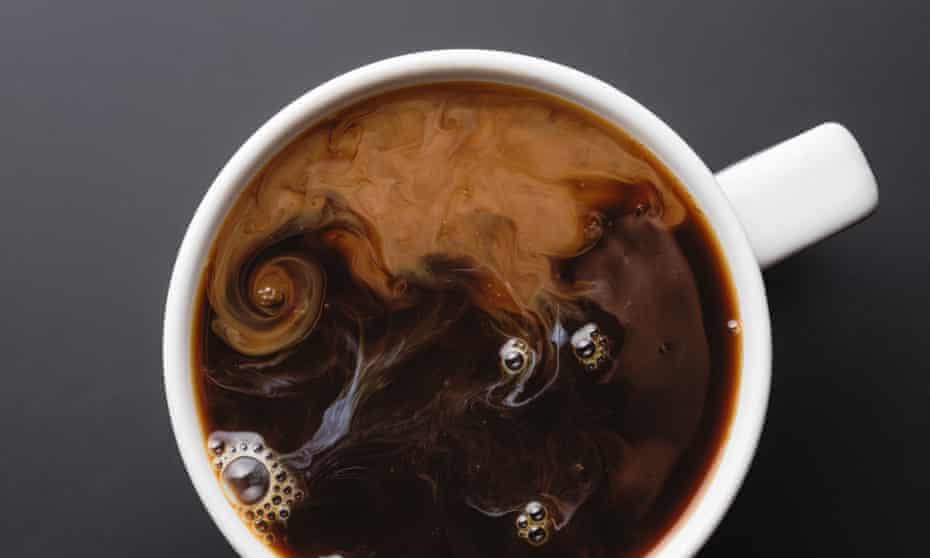An Unbiased View of Caffeine addiction treatment center in Hawaii

How Guide to Caffeine Dependence and Abuse - Recovery Direct can Save You Time, Stress, and Money.
Fatigue. Difficulty focusing. Nausea. Muscle pain. Irritability. In general, the more caffeine you are utilized to consuming, the more serious the withdrawal signs are most likely to be. Symptoms of withdrawal begin 12 to 24 hr after the last caffeine consumption and can last 2 to nine days. Caffeine can be an useful tool for a grownup who requires assistance get up and concentrating.
Do not utilize caffeine too much or you could become dependent or have insomnia or headaches. Otherwise, take The Latest Info Found Here in that coffee or chocolate!.

Caffeine is a natural Stimulant found in coffee, tea, energy drinks, sodas, over the counter medications, and weight reduction help. It is the most commonly utilized Psychoactive drug worldwide and has physically and mentally addicting attributes. Caffeine withdrawal is even recognized as a medical condition by the American Psychiatric Association (APA).
The Buzz on How to Break Your Caffeine Addiction for Good - HealthMarkets
Assistance is out there Connect to a devoted treatment provider and learn how you can develop the life you desire. ideal Impacts Of Caffeine Light to moderate intake is thought about safe and might even offer some health advantages, such as increased awareness and fewer signs of anxiety. On the other hand, Caffeine functions as a Central Nerve System (CNS) Stimulant that straight impacts brain cells and can trigger numerous negative side impacts.
Its effects can last in between 3 and 9 hours, depending on the quantity taken in. The chemical structure of Caffeine looks like that of a molecule called adenosine, which has a peaceful impact on the brain and can trigger fatigue. When taken in, Caffeine suits adenosine receptors in the brain, obstructing them and avoiding adenosine from binding to them.

Caffeine Addiction Withdrawal And Side Effects - Inspire Malibu
250 to 300 mg of Caffeine a day is thought about a moderate quantity. A typical 8-ounce cup of coffee consists of around 100 mg, which is enough to increase awareness, concentration, and resting metabolic rate. Consuming more than 10 cups of coffee a day is considered excessive and can lead to Caffeine poisoning.

Caffeine Addiction Help
Everything about An Unexpected Threat to Addiction Recovery: Caffeine
Signs of overuse consist of: Uneasyness Flushed facial skin Increased urine production Gastrointestinal issues Irregular heart beat Muscle twitching and shaking Insomnia Stress and anxiety If someone suspects they have actually overdosed on Caffeine, they need to call a regional toxin nerve center to figure out whether hospitalization is needed. Mixing alcohol with Caffeine can increase the effectiveness of adverse effects from both and can trigger agitation.
